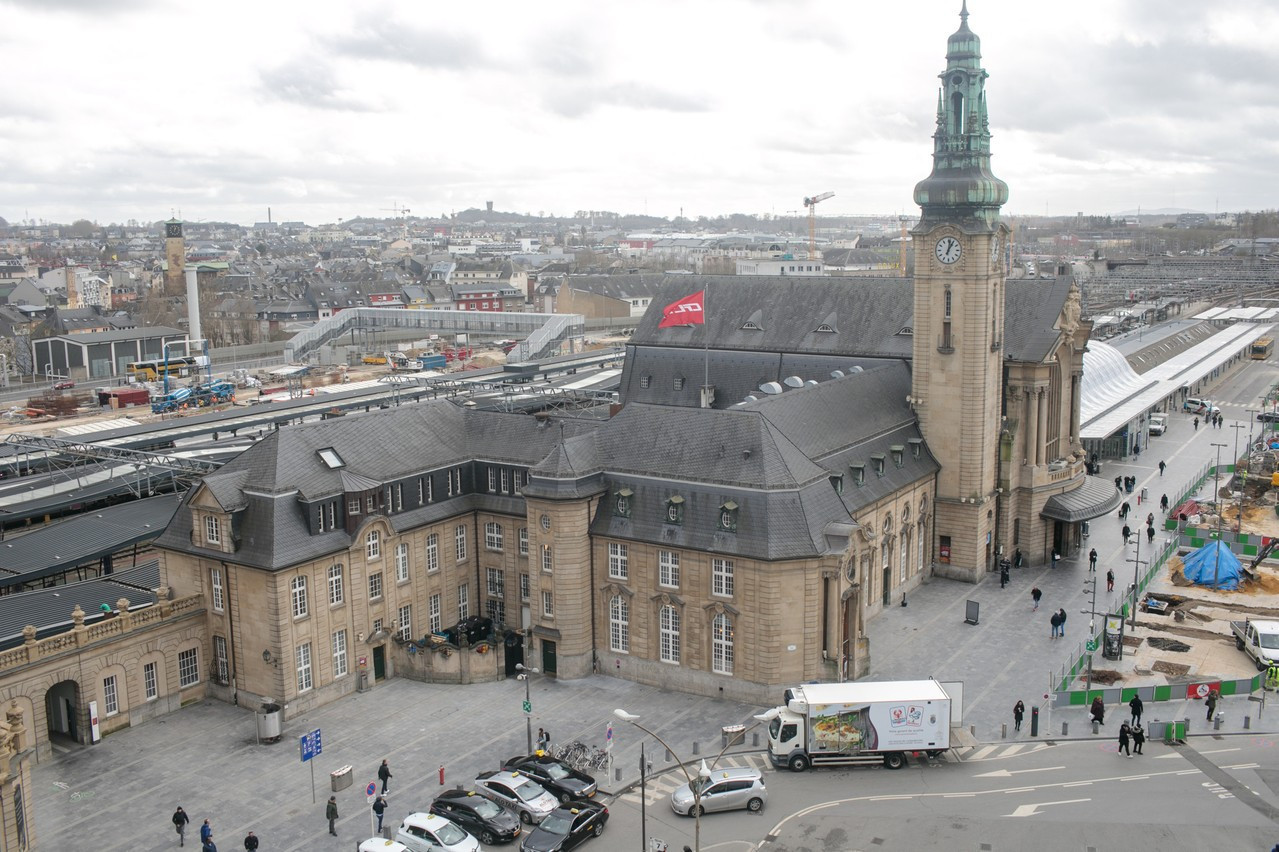The mayor of Luxembourg City Lydie Polfer (DP) already at the start of the meeting set the tone, saying: “This motion has no change of passing.” The LSAP, Déi Gréng and Déi Lénk--in the opposition on the city council--had tabled a motion to end the agreement with security company G4S, hired by the city to monitor the Gare area.
The three parties had added “public order and private security” to the meeting agenda.
"We have been asking for this for several months, but we have not been heard", said Guy Foetz, local councillor for Déi Lénk. “The majority is in a pure and simple security logic.”
Tom Krieps of the LSAP said: "We are in a real dialogue with the deaf,” criticising that prime minister Xavier Bettel (DP) has not spoken on the subject. “I have the impression that Lydie Polfer is putting Xavier Bettel in a rather uncomfortable situation,” said Krieps.
The demand to cancel the G4S contract came after 4 September incident involving an altercation with a security agent and their dog with another person, who was bitten and injured in the incident. “There is no reason to stop it,” Polfer said about the contract, which expires mid-November. “We have serious problems at the train station, the inhabitants have voted for this private security solution.” The motion was, as expected before the meeting, rejected.
The government, via internal security minister Henri Kox, on Monday said there would be more police in the streets around the Gare. "Having taken into account the urgency of the situation, as well as the feeling of insecurity felt by the population, the plan for better police visibility will be deployed as of today, and this in the first instance on the territory of the City of Luxembourg," the ministry said in a statement.
The plan provides for an increased presence of uniformed police officers on the ground. This will be ensured by foot patrols, fixed posts, roadside checkpoints and bicycle patrols in key locations in the districts concerned.
"But for us, the solution is not repression, but prevention, and it is also up to the city to invest in social issues and to play its role in the field of urban planning or culture for example,” said local councillor Christa Brömmel (Déi Gréng) about the need to tackle root causes of crime combined with more policing.
Around 20% of all recorded offences in the capital were drug-related (trafficking or consumption). This means a total of 2,500 cases, an increase of 10% in one year. And of these, more than 60% are recorded in the Gare district and 25% in Bonnevoie.
Kox announced a few weeks ago that a "package of measures" concerning security is currently being prepared within his ministry, and should be delivered to the government council during the month of October.
This story was first in French on Paperjam. It has been translated and edited for Delano.
